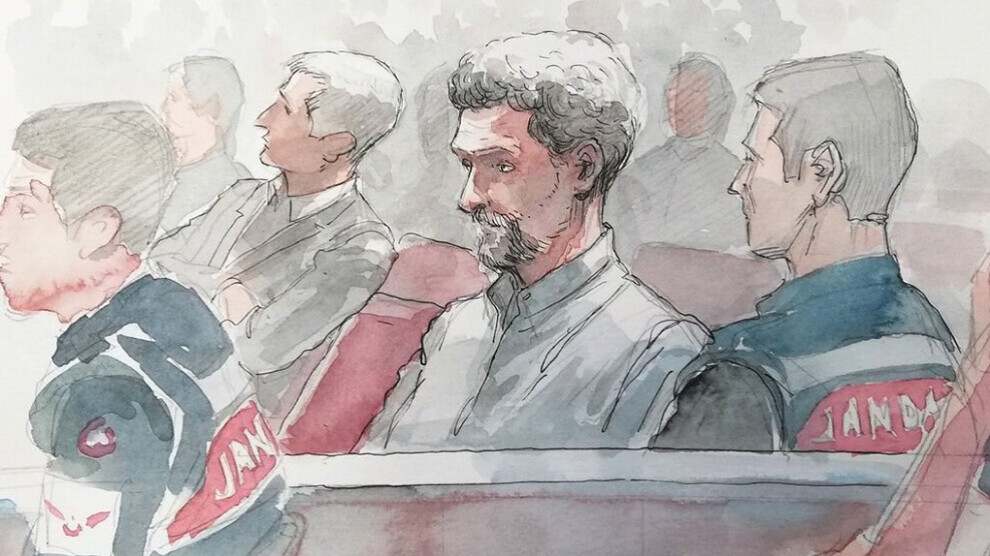Osman Kavala remains in prison in Gezi trial
Eight years after the Gezi resistance in Turkey, the controversial trial on the protests has been reopened. The defendants, including cultural promoter Osman Kavala, had previously been acquitted.
Eight years after the Gezi resistance in Turkey, the controversial trial on the protests has been reopened. The defendants, including cultural promoter Osman Kavala, had previously been acquitted.

The retrial of the so-called Gezi case against cultural promoter Osman Kavala and 15 other defendants began on Friday in Istanbul. The defendants, including the former chairwoman of the Chamber of Architects Ayşe Mücella Yapıcı, actors Ayşe Pınar Alabora and Memet Ali Alabora and journalist Can Dündar, are accused, among other things, of attempting to overthrow the government in connection with the Gezi resistance in Istanbul in 2013. Kavala is accused of organizing the protests and financing them with foreign aid. He is also alleged to have engaged in political or military espionage in the failed coup of summer 2016.
At the trial held in the Çağlayan Palace of Justice, Kavala criticized the proceedings as politically motivated right at the beginning of the hearing. The indictment in connection with the Gezi protests, he said, was a "scenario" penned by prosecutors and police officers who were themselves in prison for membership of the movement of Islamist cleric Fethullah Gülen, prosecuted in Turkey as the FETÖ ("Fethullahist Terrorist Organization"). He was the victim of a plot, Kavala said, and requested his release. Architect Mücella Yapıcı demanded that the decision be reversed for a retrial. The court rejected all requests and adjourned the hearing to August 6.
Kavala and eight other defendants were surprisingly acquitted in the Gezi trial in February 2020. However, an Istanbul appeals court overturned the verdict at the end of January and ruled that the case had to be reopened. Shortly thereafter, it was decided to merge the trials surrounding the Gezi protests and the coup attempt. Kavala has been behind bars for more than three and a half years without being convicted. Although the European Court of Human Rights (ECtHR) had already demanded his immediate release in 2019, Turkey is ignoring the ruling. In the case of the Kurdish politician Selahattin Demirtaş, the government of Recep Tayyip Erdoğan is also ignoring ECtHR rulings.